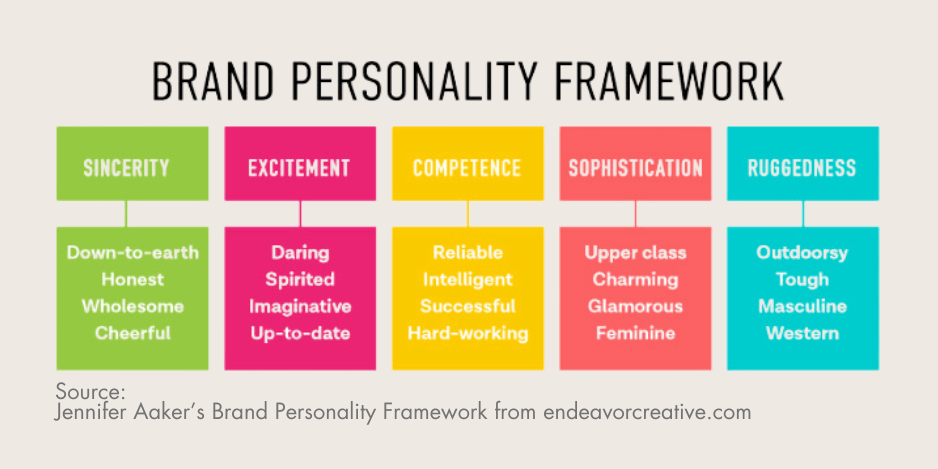Embark on an insightful journey with Tan Swee Lin as she delves into the fascinating realm of Cult Brands, where consumer enthusiasm goes beyond mere product loyalty.
Cult Brands command crazy consumer enthusiasm and devotion. This emotional immersion is not tied to a specific product, but extends to the organisation and any icon, language and meaning related to the brand. This is because Cult Brands have achieved a unique connection with customers, creating an identification that draws them into a distinctive community.
Cult Brands are inspirational. They often start with followers who become so convinced by the superiority or uniqueness of the brand that they spread their message so fanatically that the cult brand go on to become brand leaders.
Edelman’s Trust Barometer 2020 found 64% of customers to be belief-driven buyers. They believe that brands should “solve societal problems” and be a powerful force for change”. This may be true with brands like Tesla that aim to transition the world to sustainable energy. Likewise, by building the best product that cause no unnecessary harm, Patagonia uses business to protect nature and limit ecological impacts with goods that last for generations.
Yet Harley Davidson is a Cult Brand that stem from a different source of inspiration. Although well-followed for its masculinity, adventure, and patriotism, the most dominant trait of Harley Davidson is its rebellious spirit built around the idea of freedom.
ANATOMY OF A CULT BRAND
Cult Brands like Lululemon and Under Armour curate experiences that give a feeling of belonging. Customers feel deep fulfilment and satisfaction of having arrived when engaging with the brand.
Technology Cult Brands like Apple capture users accustomed to its systems and captivate them in a continuous cycle of upgrades. Tesla’s sustainable technology is creating an affluent fandom that see themselves as part of a green-energy movement to change the world for the better. Netflix disrupted the television industry by using data to analyse how its users consume content, offer personalised recommendations and create binge-watching that allows subscribers to consume multiple episodes uninterrupted in one sitting.
Customers in the Cult Brand’s community like Harley Davidson share a deep bond and connection due to affinity and affection.
Cult Brands like Southwest Airlines win the trust of their customers. As a result, they see their profits multiplied manifolds due to word-of-mouth referrals of the loyal customer community.
Cult Brands like Ikea attain the cult status by amalgamating the customer’s lifestyle experience, aspirations, taste and preferences with the emotions, personality and characteristics of the brand.
The intrinsic style and personality of Cult Brands like Mini Cooper and Levi Jeans is an integral part of the customer’s lifestyle, expression and identity.
DEVELOPING YOUR OWN CULT BRAND THROUGH BRAND PERSONALITY
Cult Brands have very well-defined Brand Personality. This involves defining your brand as having a unique set of human-resembling characteristics and persona. It is what drives consumers to view your brand as if it were human through its very own recognisable visual aesthetic and distinctive voice.
As you consistently deliver high quality and express your values at every touchpoint, you will develop brand resilience. Eventually, these customers who relate so deeply with your brand will pivot to become brand ambassadors, forming a die-hard fan community that is less price sensitive.



